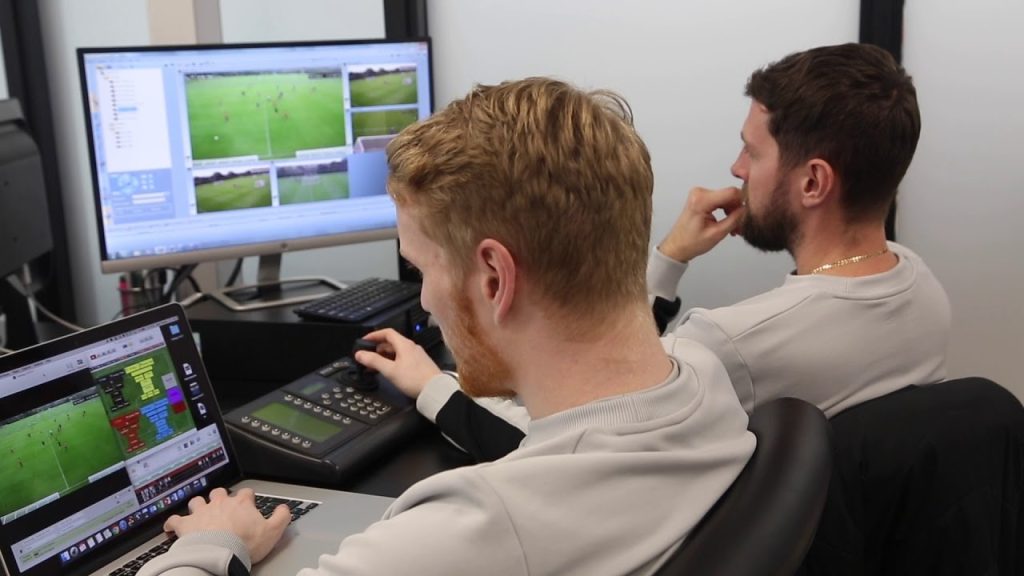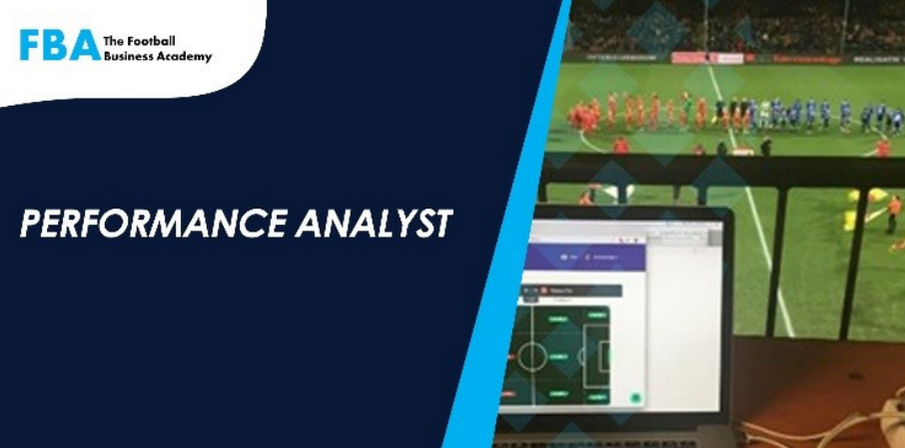
Performance analysis can be classified into two main categories: notational analysis and motion analysis. The two systems have different focuses. Notational analysis provides factual record about the position of the ball, the players involved, the action concerned, the time and the outcome of the activity, etc. Motion analysis focuses on raw features of an individual’s activity and movement, for example, identifying fatigue and measuring of work rate.
The two systems contribute for the performance analysis which has three main aims:
- Observing one’s own team’s performance to identify strengths and weakness
- Analysing opposition performance by using data and trying to counter opposing strengths and exploit weaknesses
- To evaluate whether a training programme has been effective in improving match performance
Performance analysis is not just about analysing matches and games. It is essential in the training programme to help coaches improve players’ performance. Performance analysis plays a key role in a player or team performing well throughout the season.
“Performance” means the performance in the game or training. “Observation” can be from the coach or video camera. Since research indicates that coaches are able to recall fewer than half of the key incidents that arise during the game, video camera is a better way which can record all the key events (actions and movements) for further analysis.
In “Analysis”, it means analysis of data which include data management. For example, using performance analysis software to code the game, editing footages from the camera, extraction of data from data provider, etc. These are the areas in which the performance analyst spent most of the time. The product of this “analysis” stage can be statistical analysis and video recordings.
In “Interpretation”, it can be put in two ways according to my experience. It could be done by coach or performance analyst. Some analysts have the authorisation from coach to interpret the data and then write a report or make a presentation to the coach or team. Some coaches just want the data from performance analysts and the coaches will interpret the data by themselves. It really depends on the coaches’ preference and the partnership between the analyst and the coach. After that, “planning” means the coach plan what to do after knowing what went wrong or which part the team did well.
The coaches have to evaluate the performance prior to this planning stage. Otherwise, he doesn’t know how to improve the team’s performance in the next match. In most of the cases, it means the planning of the coaching session using the result of the performance analysis. “Preparation” means the execution of those coaching session in the training so prepare the team for the coming game. It will go back to the “Performance” stage and the whole cycle keep going.
The Football Business Academies Performance Analyst course will teach students how to film and code all first team fixtures and produce post-match reports in line with club’s style of play, provide opposition analysis reports on up-coming fixtures, present and provide technical/tactical feedback to the coaching staff and players film and code daily training sessions, providing timely feedback to the coaching staff and players (individual and groups) where required and produce monthly and quarterly reports, maintain performance analysis databases . The course forms part of our special courses and is done hand in hand with our video analyst course.
If you still have questions contact the FBA’s Performance Analyst course, Student support Team who will be happy to help you at info@footballbusinessacademy.co.za OR WhatsApp at +27 68 043 9078.
